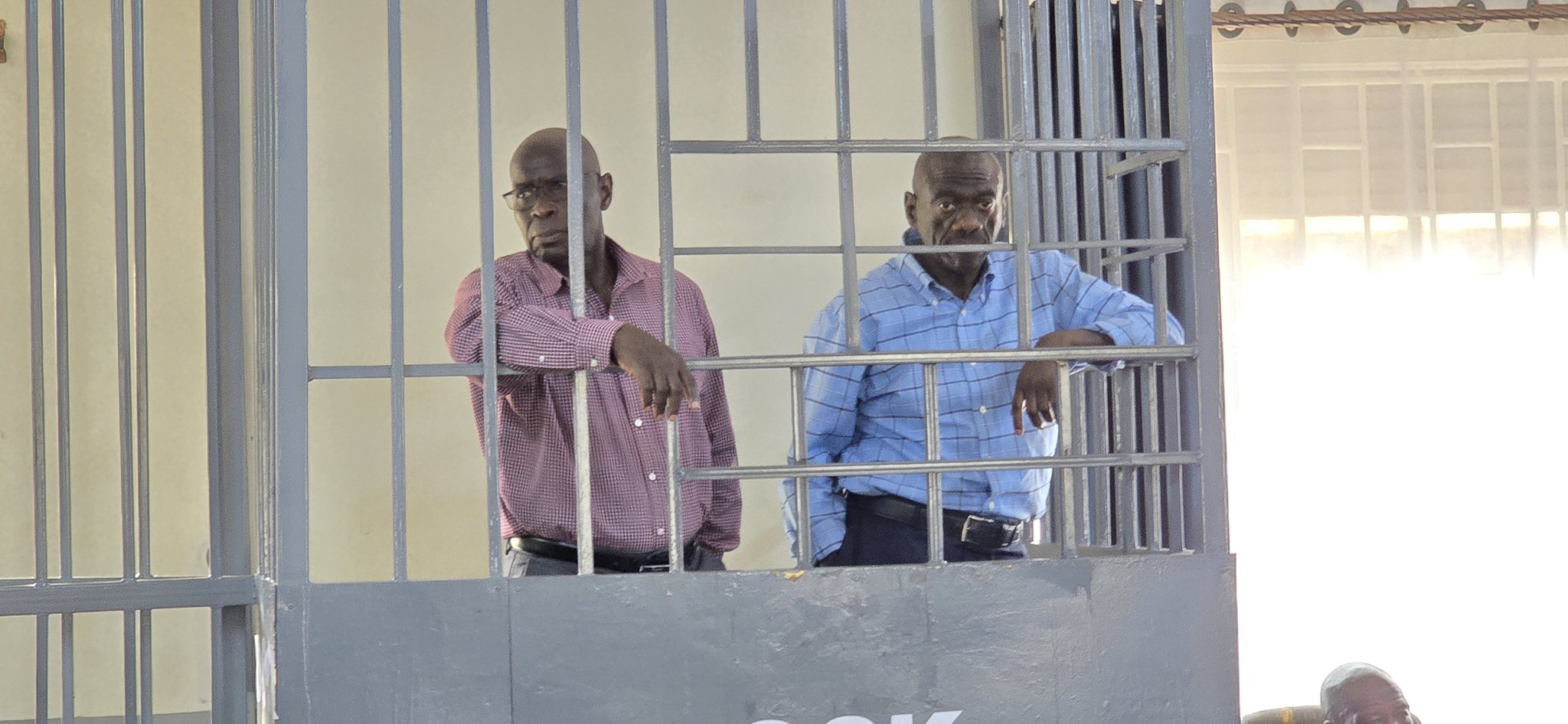As the four-time presidential candidate and his colleague Abeid Lutale face an uphill battle in the courtroom, shreds of evidence of bias towards the accused and their defence attorneys have been termed as a targeted campaign to silence his voice. However, these actions have gained traction, fueling scepticism about the justice system’s integrity.
The duo were kidnapped and arrested last year in November in Nairobi where he had gone to attend an event organised by Kenya’s Martha Karua and are facing trial at the General Court Martial.
According to one of their lawyers, Erias Lukwago the two men were accused of having two pistols and soliciting “logistical support in Uganda, Greece and other countries to compromise the country’s national security.
However, the charges against Besigye, a long-time government critic, have always been viewed with suspicion. The ongoing trial in the General Court Martial, which many perceive as politically motivated, has further exacerbated concerns about the court’s neutrality. Besigye’s legal team has repeatedly accused the court of bias, citing the undue influence the government’s military arm seems to have over its proceedings.
The military court, tasked with trying cases involving soldiers, is increasingly being seen as an extension of the government’s political agenda, leaving little hope for a fair trial. Besigye’s lawyers have argued that the court’s actions, from the selective admission of evidence to the questionable timing of charges, reveal a disturbing pattern of bias.
The latest developments in the case have raised alarm among human rights activists and members of the opposition. There are growing calls for an independent judicial review of the General Court Martial’s conduct, as its blatant disregard for due process threatens the foundations of Uganda’s legal system.
The duo on Tuesday were brought back before the said court, however, their lawyers were humiliated and faced alot of blocks from the Martial Garters (Military Police) to the extent that one of the defence attorneys Eron Kiiza was arrested after a heated disagreement with military police officers.
Visibly seen within the court, the officers had blocked Kiiza from accessing the bar, prompting him to bang on the barricade and insist on entering. This led Court Martial Chairperson Mugabe to order his arrest.
That wasn’t all—he was physically assaulted and forced out of the courtroom, but he managed to break free and join Besigye and co-accused Abeid Lutale Kamulegeya in the dock. However, he was soon rearrested, beaten again, and taken back to the cells.
This incident unfolded against a backdrop of opposition members voicing concerns over the harsh treatment they faced from security forces while trying to enter the court. Former Leader of Opposition Winnie Kiiza and Ingrid Turinawe both reported being harassed by security personnel outside the court.
Another technical scold unfolded when the seven-member court, chaired by Brig. Gen. Freeman Mugabe allowed only three lawyers: Fredrick Mpanga, Apollo Katumba, and Ernest Kalibala of AF Mpanga and Company Advocates, who were authorized by him in writing, an issue which the accused Besigye wondered he had to write.
“All the lawyers in the court who have come to represent us, have our authority to represent us,” Besigye said.
While addressing the court, the Kenyan Senior Counsel Martha Karua, informed the leadership of the court; “We have been subjected to very difficult conditions back and forth to the extent that we’re so exhausted and not capable of representing our clients properly. We have also witnessed before your eyes the assault of one of our team members Kiiza.”
Following which have so far surfaced, critics have argued that the court is being used as a tool to stifle dissent, targeting Besigye and his legal team for their vocal opposition to government policies.
The leader of Opposition Joel Ssenyonyi also urged that the blatant abuse of judicial power by the increasing militarism not only undermines the rule of law but also tarnishes the reputation of Uganda’s justice system on the international stage.




